Employee Stock Ownership Plans, or ESOPs, are a type of retirement plan that enables employees to own a portion of the company they work for. ESOPs offer many benefits to both employees and employers, including tax advantages and the ability to attract and retain top talent. In this article, we will explore what an ESOP is, how it works, and its benefits.
What is an ESOP?
An ESOP is a retirement plan that invests primarily in the stock of the sponsoring employer. The employer contributes shares of its stock to the ESOP trust, which then allocates shares to individual employee accounts based on a predetermined formula. The shares held in the employee accounts are held in trust until the employee retires or leaves the company. At that time, the shares are sold back to the company, and the employee receives the proceeds.

How Does an ESOP Work?
ESOPs are typically funded through employer contributions of stock, cash, or both. Contributions are tax-deductible for the employer, and contributions made in the form of stock are not subject to income tax. The ESOP trust then uses the funds to purchase additional shares of the employer’s stock, which are then allocated to individual employee accounts.
ESOPs typically have a vesting period, which means that employees must work for the company for a certain amount of time before they are entitled to the shares allocated to their accounts. Vesting schedules can vary, but they typically range from three to seven years.
ESOPs also offer several tax advantages. For example, when an employee retires or leaves the company, they can sell their shares back to the company and defer paying taxes on the proceeds by rolling them over into an individual retirement account (IRA). Additionally, companies can deduct the cost of repurchasing shares from their taxes.
Benefits of ESOPs
ESOPs offer many benefits to both employees and employers. For employees, ESOPs provide a way to accumulate retirement savings while also owning a piece of the company they work for. This can create a sense of pride and ownership, as well as a greater sense of loyalty to the company.
ESOPs can also be used as a tool for employee retention and recruitment. Companies that offer ESOPs may be more attractive to job seekers, particularly those who are looking for long-term employment with opportunities for growth and advancement.
For employers, ESOPs offer several advantages as well. First, they can help to align the interests of employees and shareholders. When employees own stock in the company, they have a vested interest in its success and are more likely to work hard to ensure its profitability.
ESOPs can also help to improve the cash flow of the company. Because contributions to the ESOP are tax-deductible, the company can use the funds to invest in growth and expansion, rather than paying taxes on profits.
Employee Stock Ownership Plans offer many benefits to both employees and employers. ESOPs provide a way for employees to accumulate retirement savings while also owning a piece of the company they work for. ESOPs can also be used as a tool for employee retention and recruitment while providing tax advantages for the employer. If you are a business owner or employee, considering whether an esop is the right retirement plan for your company is worth considering.






